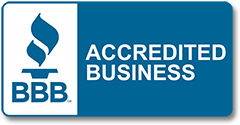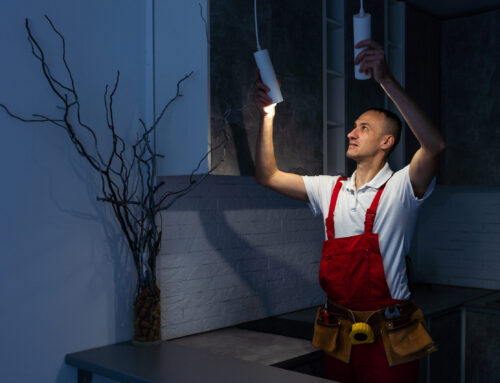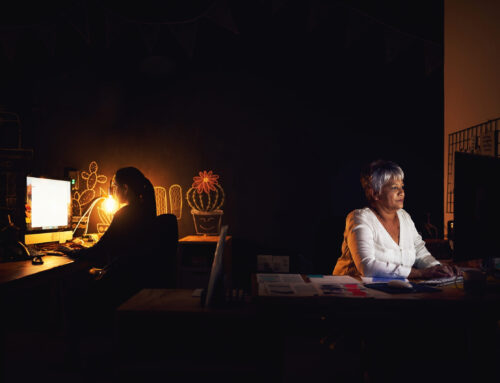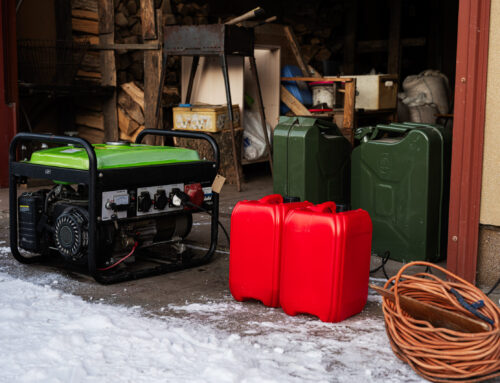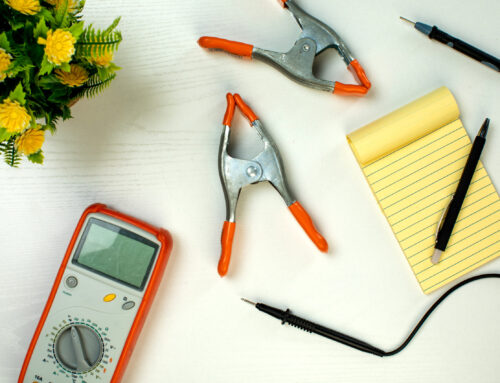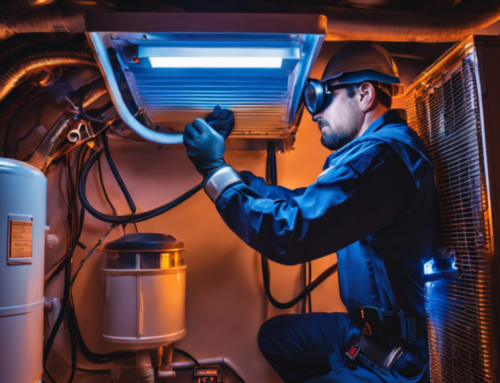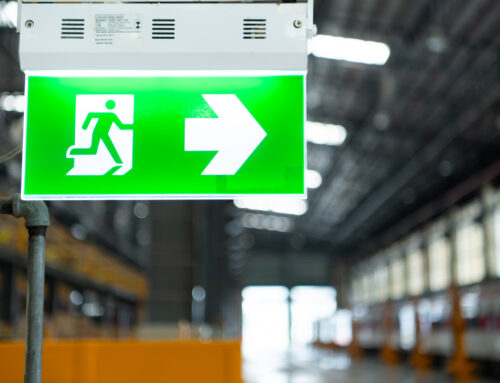Last summer in Boca Raton’s Delray Shores neighborhood, one of our clients noticed flickering lights and a warm outlet but ignored it—thinking it was just an old fixture. A week later, that same outlet sparked while a family member was using the vacuum, nearly starting a fire. Fortunately, they shut off the power and called us right away. What started as a small warning sign could have turned into something far worse.
Electrical emergencies often strike without warning, and too many homeowners and business owners wait until it’s too late to act. According to the National Fire Protection Association, electrical failures are among the top five causes of residential fires in the United States, with hundreds of these incidents happening right here in Florida each year.
Having a plan in place can make the difference between minor inconvenience and devastating damage. That’s why we’ve created this comprehensive, easy-to-follow emergency electrical safety checklist tailored for homes and businesses in Boca Raton. Let’s explore the essential steps you should take today—before an emergency ever occurs.
Why You Need an Emergency Electrical Safety Checklist
Electrical emergencies aren’t just inconvenient—they’re dangerous. Boca Raton residents know how unpredictable the weather can be, especially during hurricane season. Combine that with aging infrastructure or overloaded home circuits, and it’s clear why preparation is vital.
An emergency electrical safety checklist gives you a step-by-step guide for what to look for, what to do, and how to reduce risks ahead of time. It helps you recognize problems early, respond correctly during a crisis, and keep everyone safe.
Let’s walk through 11 smart checklist items that every Boca Raton property owner should follow to stay safe, code-compliant, and storm-ready.
1. Locate and Label Your Main Breaker Panel
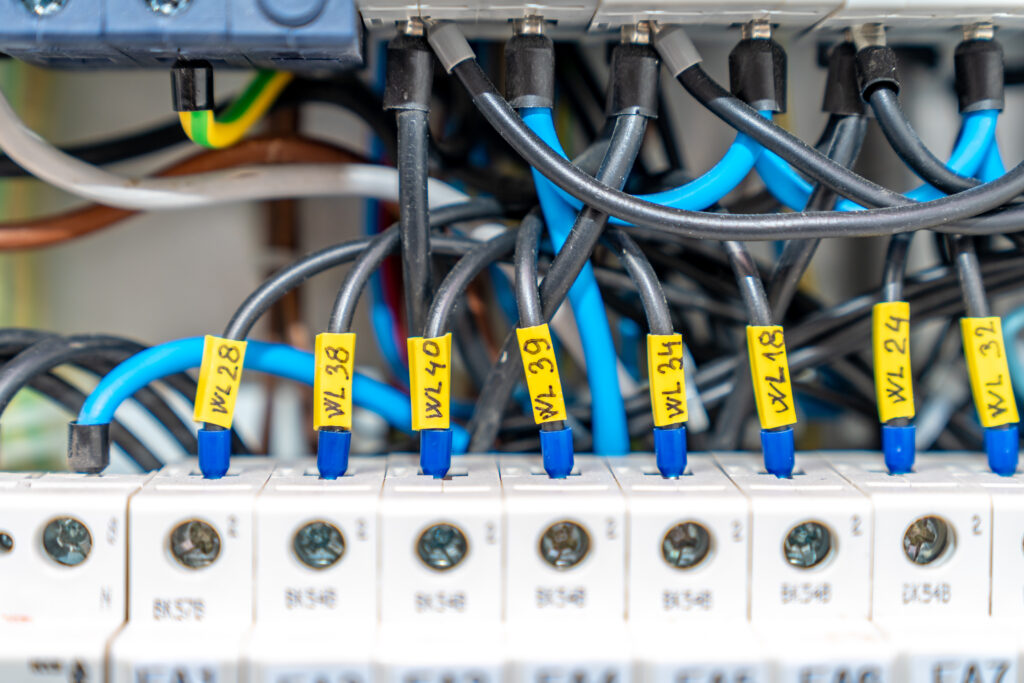
Knowing how to shut off your power is critical in an emergency. The main breaker panel is the control center of your electrical system, and it should be accessible, labeled, and understood by every adult in the household or building.
What You Should Do:
- Identify your main breaker switch and label it “Main Power Shutoff” clearly.
- Test the breaker once a year (if safe) to make sure it works properly.
- Clear away boxes, tools, or anything that might block access during an emergency.
A clearly labeled, accessible panel is often the first line of defense during an electrical hazard.
2. Inspect Outlets and Switches Regularly
Outlets and switches are easy to overlook, but they offer some of the most visible clues that something’s wrong behind the wall.
Warning Signs Include:
- Hot to the touch
- Buzzing or crackling noises
- Burn marks or discoloration
- Plugs that are loose or fall out easily
What You Should Do:
Unplug all devices, avoid using the outlet, and call a licensed electrician for a full inspection. Never try to repair a damaged outlet yourself.
3. Test Smoke and Carbon Monoxide Detectors Monthly
Early detection saves lives. Functional smoke and CO detectors are non-negotiable safety tools in every home and business.
Tips for Testing:
- Press and hold the “test” button monthly to confirm sound functionality.
- Change batteries every 6 months, even if they still work.
- Replace detectors every 7 to 10 years depending on the model.
Why It’s Crucial:
During an electrical fire, especially one that starts behind walls or in the attic, these devices give you precious seconds to escape.
4. Avoid Overloading Outlets and Circuits
Plugging too many appliances into a single outlet or power strip is a leading cause of home electrical fires, especially during hot months when ACs and fans are in use.
Common Mistakes:
- Daisy-chaining power strips together
- Using extension cords as permanent solutions
- Plugging multiple high-power appliances into one outlet (e.g., microwave + toaster)
Safer Solutions:
Add dedicated circuits for heavy appliances or install more outlets to handle your electrical load safely.
5. Use Extension Cords Sparingly and Safely
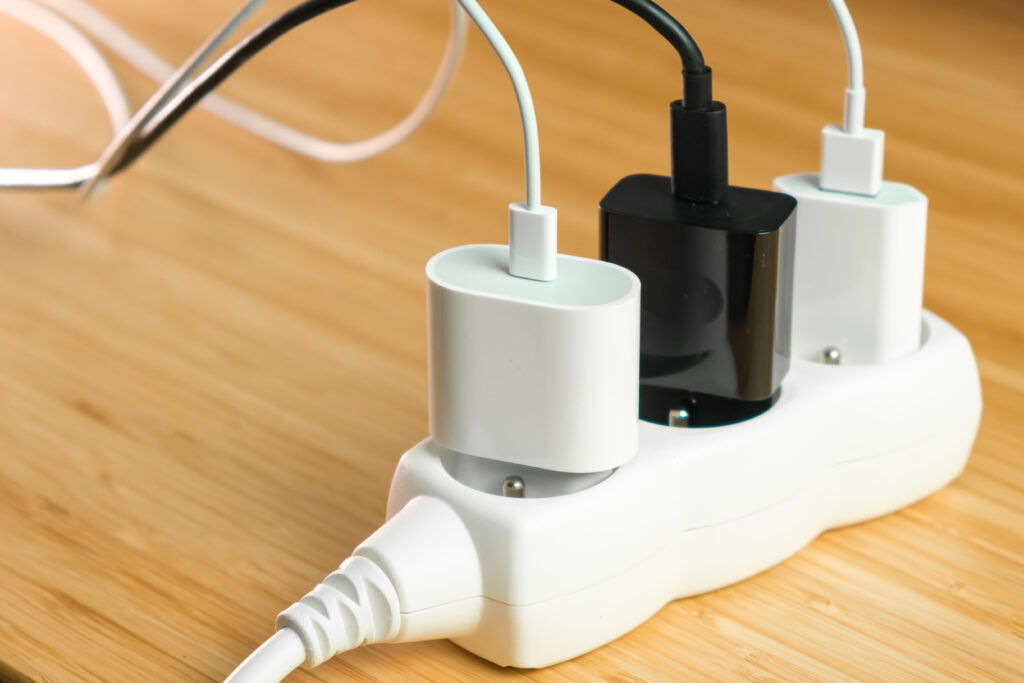
Extension cords are handy in a pinch, but they’re not a replacement for permanent wiring. They degrade over time and can create tripping, overheating, and fire hazards.
What to Avoid:
- Running cords under carpets or rugs
- Using indoor cords outside
- Overloading a cord with high-powered appliances
Smart Use:
Only use extension cords rated for your specific appliance and environment. Never use one as a permanent fix.
6. Install Surge Protection Devices
Boca Raton’s location makes it especially vulnerable to lightning strikes and grid surges. A single surge can fry thousands of dollars in electronics.
Types of Surge Protection:
- Whole-house surge protectors installed at the main panel
- Plug-in surge strips for computers, TVs, and routers
Long-Term Strategy:
Install both types for layered protection—especially if you have solar panels, smart appliances, or work-from-home equipment.
7. Unplug Electronics Before a Storm
If you know a storm is coming and you don’t have surge protection, your best defense is physically unplugging electronics before lightning or grid fluctuations hit.
Why This Works:
Unplugging removes the path electricity would take to your devices during a surge.
Pro Tip:
Create a checklist of electronics to unplug during a storm, including Wi-Fi routers, smart TVs, gaming consoles, and computers.
8. Store Flashlights and Radios in an Easy-to-Reach Spot
During a power outage, candles are not a safe lighting option. You need battery-operated flashlights and radios to stay safe and informed.
What to Include in Your Kit:
- LED flashlights with extra batteries
- A NOAA weather radio
- Emergency contact list
- Backup phone chargers (battery-powered or solar)
Bonus:
Keep one flashlight in each bedroom and another near your breaker panel.
9. Schedule an Annual Electrical Inspection
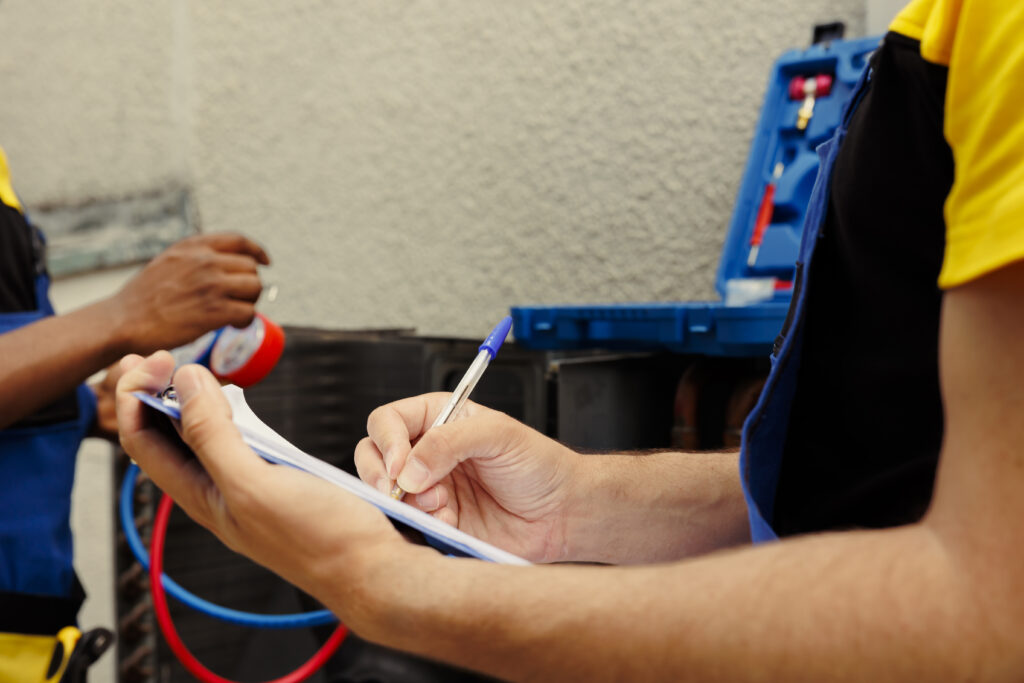
Electrical problems often start behind the scenes. The best way to catch them is through a licensed, professional inspection.
What Electricians Look For:
- Loose or overheated wiring
- Aging electrical panels
- Grounding issues
- Circuit breaker wear
- Code violations
Best Practice:
Have your home or building inspected every 1–2 years—or before hurricane season for maximum readiness.
10. Respond Immediately to Warning Signs
If you see or hear something unusual—like flickering lights, humming outlets, burning smells, or repeated breaker trips—act fast.
Why Waiting Is Dangerous:
Electrical issues worsen over time. What starts as a flicker could escalate into a full outage or electrical fire.
What You Should Do:
Shut off the affected breaker, unplug devices, and call a professional immediately. Never attempt to fix wiring on your own.
11. Keep an Emergency Electrician’s Contact Info on Hand
In a real emergency, you won’t have time to search for help. You need to have a trusted professional’s number ready.
Where to Keep It:
- Saved in your phone under “Electrician – Emergency”
- Printed near your breaker panel
- Shared with family members or employees
Save This Number:
Boca Electrical Works – (561) 320-8539
Commercial Property Add-On: What Business Owners Should Know
If you manage a retail store, office, or commercial space in Boca Raton, your checklist should include:
- Monthly emergency lighting tests
- Generator fuel and battery checks
- Fire panel and alarm inspection
- Safe access to electrical rooms
- Employee safety training and drills
Electrical emergencies in commercial settings can shut down operations and create liability risks. Stay proactive to stay open.
How to Use This Checklist
To make the most of this emergency electrical safety checklist:
- Print and laminate a copy to post near your electrical panel
- Review it with your household or team once per year
- Customize it to include your specific appliances and property layout
- Use it during storm season prep (especially from June to November)
Having this list accessible and up to date can save lives—and protect your property investment.
How Can Boca Electrical Works Help You?
At Boca Electrical Works, we help homeowners and businesses take action before emergencies strike. From code-compliant inspections to backup generator installs, we provide the expertise you need to keep your electrical systems safe, functional, and storm-ready.
We proudly offer:
- Whole-home safety inspections
- Panel upgrades and circuit repairs
- Generator installation and surge protection
- Emergency troubleshooting and repairs
- Residential and commercial support from licensed electricians
Visit us at: 123 NW 13th St Suite 214-09, Boca Raton, FL 33432
Call us now: (561) 320-8539
Don’t wait for a spark to take action. Let Boca Electrical Works help you stay safe, stay ready, and stay connected—all year long.
Frequently Asked Questions
What’s the difference between a circuit breaker and a fuse?
A circuit breaker can be reset after it trips, while a fuse must be replaced once it blows; both are designed to prevent overload and protect your wiring.
How can I tell if my home’s electrical system is outdated?
Frequent breaker trips, two-prong outlets, and a lack of GFCI protection are signs your system may be outdated and in need of inspection or upgrade.
Are GFCI outlets required in all areas of my home?
GFCI outlets are required by code in kitchens, bathrooms, garages, outdoor spaces, and anywhere water is present, for shock protection.
Can an old electrical panel affect my home insurance?
Yes, some insurance companies may raise rates or deny coverage if your home has outdated panels like Federal Pacific or Zinsco models.

